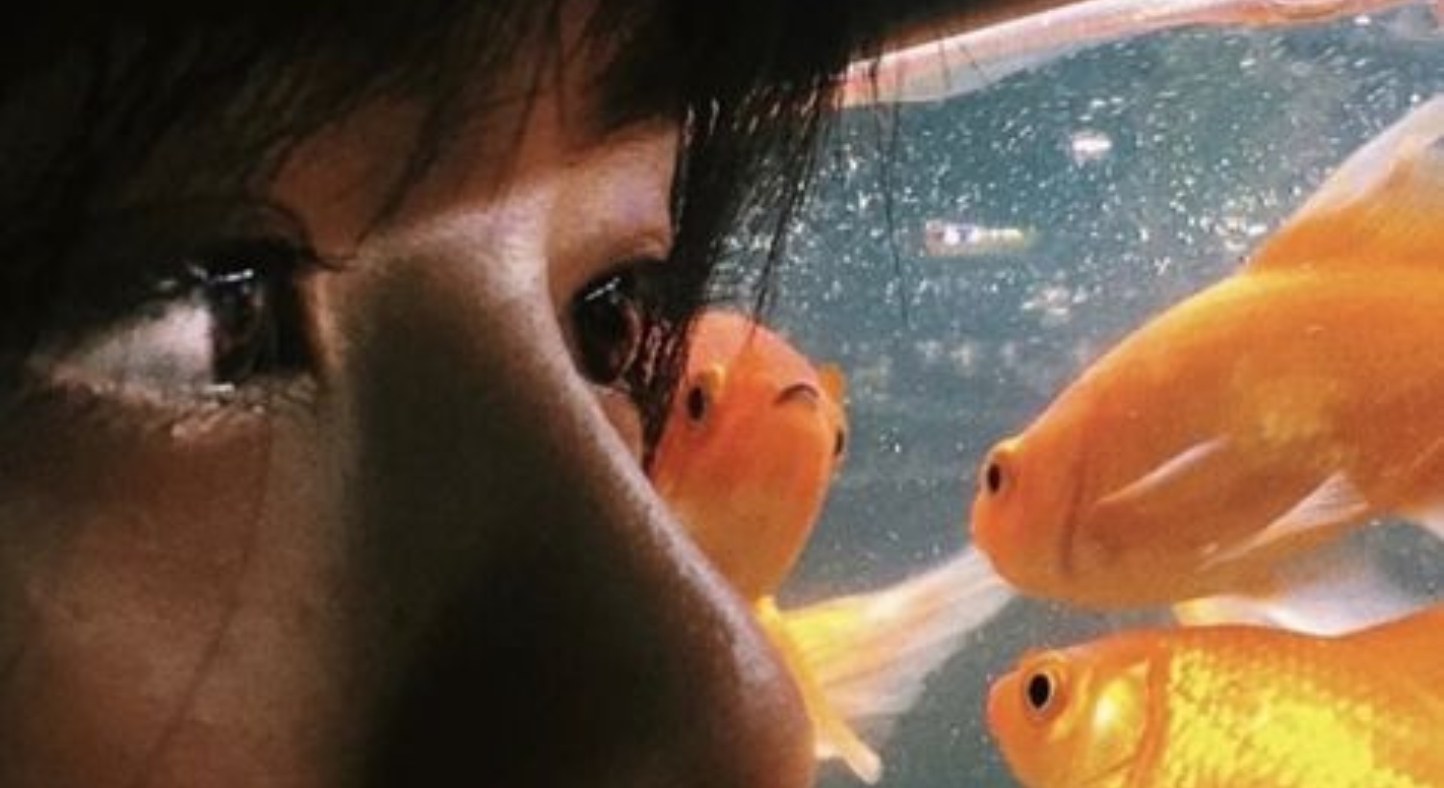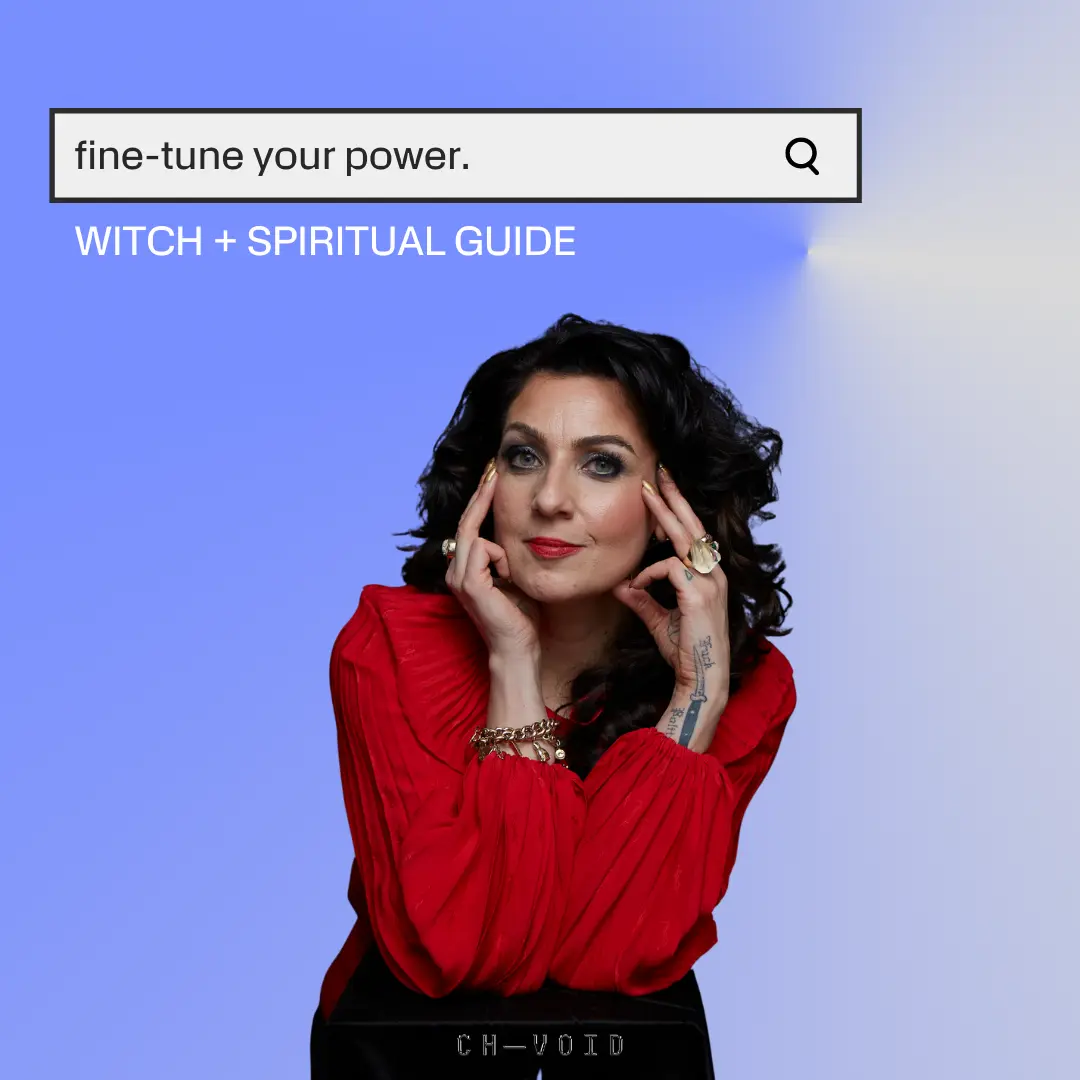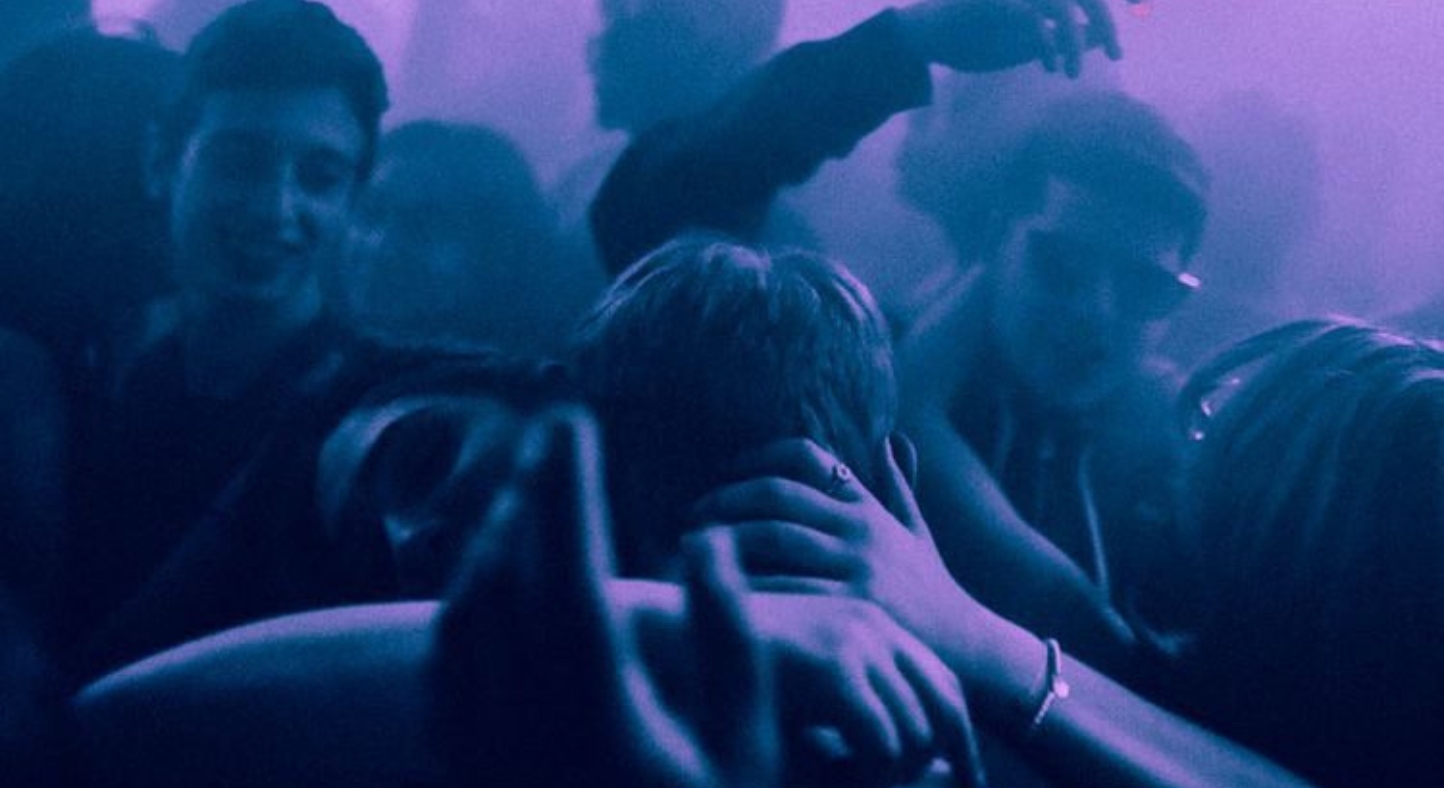We need the tribe
On the importance of community.
There was a time, not too long ago, that we lived in fifty person tribes. In fact, a majority of human evolution was spent in tribes. Our social hardwiring is built around dynamics developed in these subsistence communities. To survive we had to look after one another. We couldn’t survive as an individual, we needed the tribe and the tribe needed us.
Everyone played a role, otherwise their genes were unapologetically weeded out of existence. There’s a high chance that all your ancestors were team players. At some point our tribes developed technology. At first it was simple like food storage and shelter. This enabled tribes to grow their populations, which grew into cities. Even with great ancient cities like Babylon, Constantinople, Athens and Beijing, a majority of the world’s populations still lived in tribes, or small towns. Around the start of the 20th century when our grandparents were born, one in ten people lived in cities. Today, it’s six in ten. This rapid migration toward cities is called urbanisation.
There is a paradox within the city life experience: While you hold a physical proximity to so many people, there is a disconnection. You can live in a building for years and never see or know your neighbours. In my experience living in New York, there is an overwhelming lack of community. As David Henry Thoreau said
“City life is millions of people being lonesome together.”
The same paradox seems to be emerging in our hyper connected digital world. While we have access to vast digital social networks, we appear to have more connections but less meaningful connections. It is a natural human tendency to apply less value to something we have more of. It is simple supply and demand. A study published by Scientific American showed that loneliness amongst young people had been trending upwards and exacerbated by the COVID-19 pandemic. They reported that one in five American millennials have no friends at all. And a survey released in 2020 found that seventy-one percent of millennials and almost seventy-nine percent of Gen Z respondents report feeling lonely — a significantly greater proportion than other generations. Isolation is a major contributor to many of the epidemics sweeping the world today from alcohol and drug addiction to violence to depression and anxiety. These ailments are so common, we seem to have normalised them.
This brings me to the point of this article: The importance of community. The value in community. Social ties, that sense of camaraderie and support are critical to tribal primates. There are decades of research that connects longevity and well-being to the richness of one’s personal social network. We are programmed for human connection, we are programmed to help each other to survive, we are programmed for community. We have evolved to participate in community, forge lasting bonds with each other and to share life experiences. We are better together.
When we start out in life. Community is easy. We have our family structure, we have school, we have team sports. As we grow older it becomes harder to maintain community. Making friends as an adult is strange. As we get older it’s easier to spend less time with our community. The sad news is, as you age, you often feel more isolated. Harvard University began a study in 1938 to identify predictors of healthy ageing. The eighty year study spans different ages, genders, races, and economic status. The most powerful finding in the study is that good relationships keep us happier and healthier. There was a direct correlation between being more socially connected to family, to friends, to a community and being happier, physically healthier, and living longer than someone who is less well connected.
Having a sense of community unites us. Being a part of a community can make us feel as though we are a part of something greater than ourselves. It can give us opportunities to connect with people, to reach for our goals, and makes us feel safe and secure. There is this theory of “group flow” best exemplified in sporting teams or jazz bands but applicable across anywhere that people converge for a common goal. The idea is when individual decision making merges with the collective our brain chemicals reward us. This reward creates a sense of connectedness and belonging that has been forged deep by our tribal ancestors.
Another study named “The Blue Zone Project” looking at health and ageing around the world found similar results. The project began when a National Geographic fellow discovered five places where people lived the longest and were the healthiest. These five “Blue Zone” regions had the highest concentration of people over 100 years old. Although the Blue Zone project shows that diet and movement play a role, it also demonstrated that families, social tribes, and community played a significant role in living a happy, long life.
Don’t get me wrong, having alone time is important too. I spend part of my day in solitary meditation, I run alone, I write alone. Having time to yourself is so important to know yourself. In other examples, the community can be a crutch because we don’t want to be alone. There are two sides to every coin, and as we’ve learnt life is all about balance. Being a human is hard. There is an African proverb that says, “It takes a village to raise a child”. It means that an entire community of people must provide for and interact positively with children for those children to experience and grow in a safe and healthy environment.
Attempting to live life on our own is futile. We need the tribe and the tribe needs us.
It’s in our DNA.





















